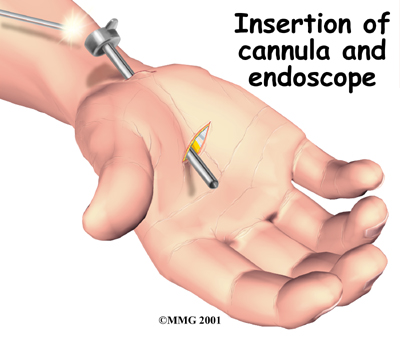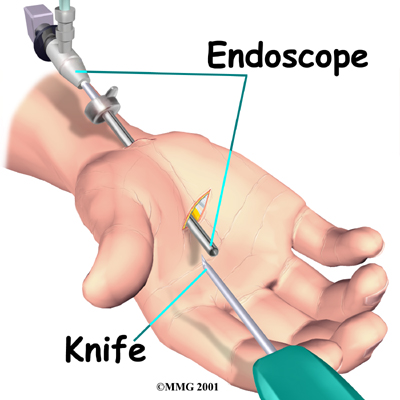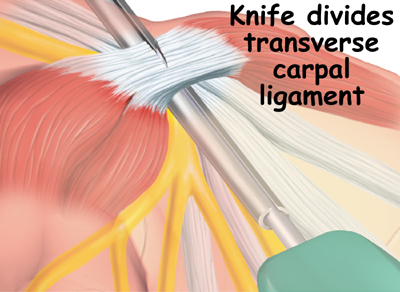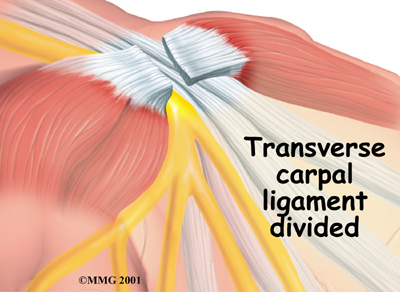What should I expect after surgery?
Physiotherapy at Emerald Hills Physio & Sports Clinic will begin once your surgeon allows it. Often therapy can begin nearly immediately after your initial follow up visit with your surgeon. Even before that time your surgeon may have suggested you do some gentle finger motion exercises to start moving the tendons and tissues at the surgical site.
Your first few physiotherapy sessions at Emerald Hills Physio & Sports Clinic will focus on relieving the pain associated with the surgical procedure itself. Your therapist may use modalities such as heat, ice, ultrasound, or electrical current to assist with decreasing any pain or swelling you have around the surgical site or anywhere along the arm or into the hand. Massage to these areas may also be done in order to improve circulation and assist with the pain.
The next part of our treatment will focus on regaining the range of motion and strength in your wrist and hand, and if restricted also in your elbow, and shoulder. Your physiotherapist at Emerald Hills Physio & Sports Clinic will prescribe a series of range of motion and strengthening exercises that you will practice in the clinic and also learn to do as part of a home exercise program. If scar tissue builds up and impedes the motion of the tendons or nerves at the surgical site, similar symptoms to those you experienced before the surgery can occur. For this reason your therapist will teach you special range of motion exercises for your hand, wrist, elbow and shoulder that help to glide the tendons and nerves of the wrist through the surgical site.
Strengthening exercises may include the use of rehabilitation equipment such as putty, elastics, as well as small weights or balls in order to add strengthening and gripping resistance. Strengthening of the muscles that bend your wrist up as well as those that move the thumb will be specifically focused on since these muscles are supplied by the median nerve so they may have specifically lost strength due to the CTS. Most light exercises can be started fairly quickly but heavy grasping or pinching will not be encouraged until about 6 weeks post surgery in order to avoid the tendons pushing out against the healing carpal ligament. In addition to strengthening your wrist muscles and grip strength we will educate you on ways to hold items and use your wrist and hand such that you don’t put unnecessary stress on your healing tissues and to avoid any future pain.
If necessary, your physiotherapist will mobilize the joints of your wrist or hand if they are particularly stiff after the surgery. This hands-on technique encourages the stiff joints to move gradually back into their normal range of motion.
Being able to use your wrist fully so that you can complete your work tasks and daily activities is the goal of our therapy at Emerald Hills Physio & Sports Clinic. Maximizing dexterity and fine motor control of the hand can greatly improve the functional use of your hand and wrist. For this reason, as part of your rehabilitation we will also include activities such as picking up items from a table, twisting items into place, or doing tasks with your hand that are similar to your regular work or sporting activities. These functional activities encourage the joints and the muscles of the hand and wrist to work in unison, which is critical to maximizing the use of your entire upper limb.
A final, but extremely important part of our treatment for you at Emerald Hills Physio & Sports Clinic following endoscopic carpal tunnel release is to discuss your overall posture and alignment. Pressure in your wrist can stem not only from direct pressure at the wrist but also from compensatory posturing patterns that start even as high up as the neck! If you are required to sit for long periods at the computer you can easily develop poor posture which puts pressure on the nerves that run from the neck through the shoulder and elbow, and down into the wrist and hand. Poor elbow or wrist posturing as they rest on your chair or desk can also heavily contribute to an injury in the area. Desk workers, however, are not the only sufferers from poor posturing. Anyone can be affected the same way if their posture is poor over a long period of time. Correcting your posturing and doing exercises to strengthen the muscles that help to keep you in a proper posture position is crucial in avoiding further symptoms in the future. Your physiotherapist will advise you on proper posturing while standing, sitting, and during other functional tasks, and if you are an office worker, they can also help you to adjust your workstation to ensure there is the least amount of strain on your body as possible.
When you are well underway, regular visits to Emerald Hills Physio & Sports Clinic will end. Your therapist will continue to be a resource, but you will be in charge of doing your exercises as part of an ongoing home program.
In the majority of cases the physiotherapy we provide at Emerald Hills Physio & Sports Clinic after endoscopic carpal tunnel release surgery occurs without any complications. If, however, during rehabilitation your pain continues longer than it should or therapy is not progressing as your physiotherapist would expect, we will ask you to follow-up with your surgeon to confirm that your wrist is tolerating the rehabilitation well and to ensure that there are no complications that may be impeding your recovery.
Portions of this document copyright MMG, LLC.
Emerald Hills Physio & Sports Clinic provides services for physiotherapy in Sherwood Park.
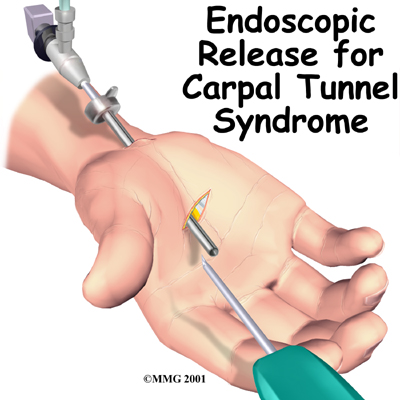 Carpal Tunnel Syndrome (CTS) is a condition affecting the wrist and hand. While the most common surgical procedure for carpal tunnel syndrome is still the open-incision technique, some surgeons are using a new procedure, called endoscopic carpal tunnel release.
Carpal Tunnel Syndrome (CTS) is a condition affecting the wrist and hand. While the most common surgical procedure for carpal tunnel syndrome is still the open-incision technique, some surgeons are using a new procedure, called endoscopic carpal tunnel release.
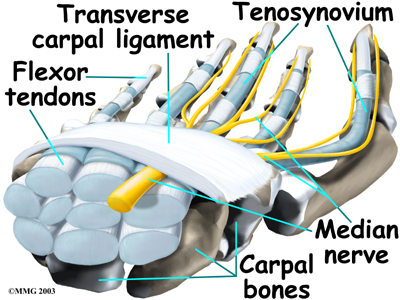
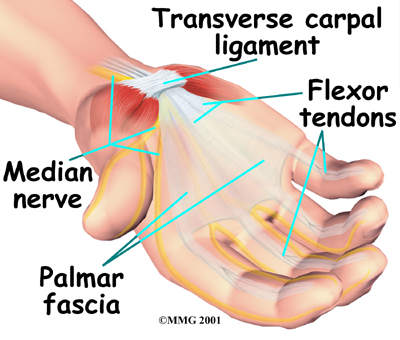
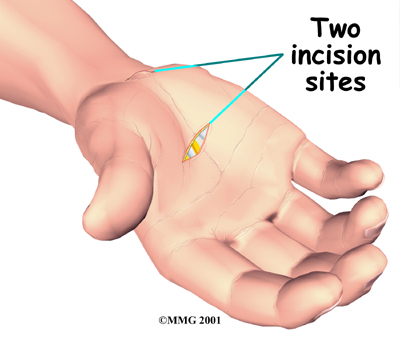
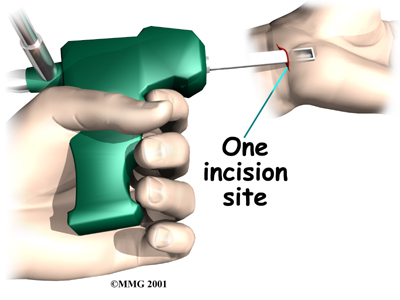 Once the surgeon is sure that the instruments can be passed into the carpal tunnel, a metal or plastic cannula (a tube with a slot on the side) is placed alongside the median nerve. The endoscope can be placed into the tube to look at the underside of the carpal ligament, making sure that the nerves and arteries are safely out of the way.
Once the surgeon is sure that the instruments can be passed into the carpal tunnel, a metal or plastic cannula (a tube with a slot on the side) is placed alongside the median nerve. The endoscope can be placed into the tube to look at the underside of the carpal ligament, making sure that the nerves and arteries are safely out of the way.